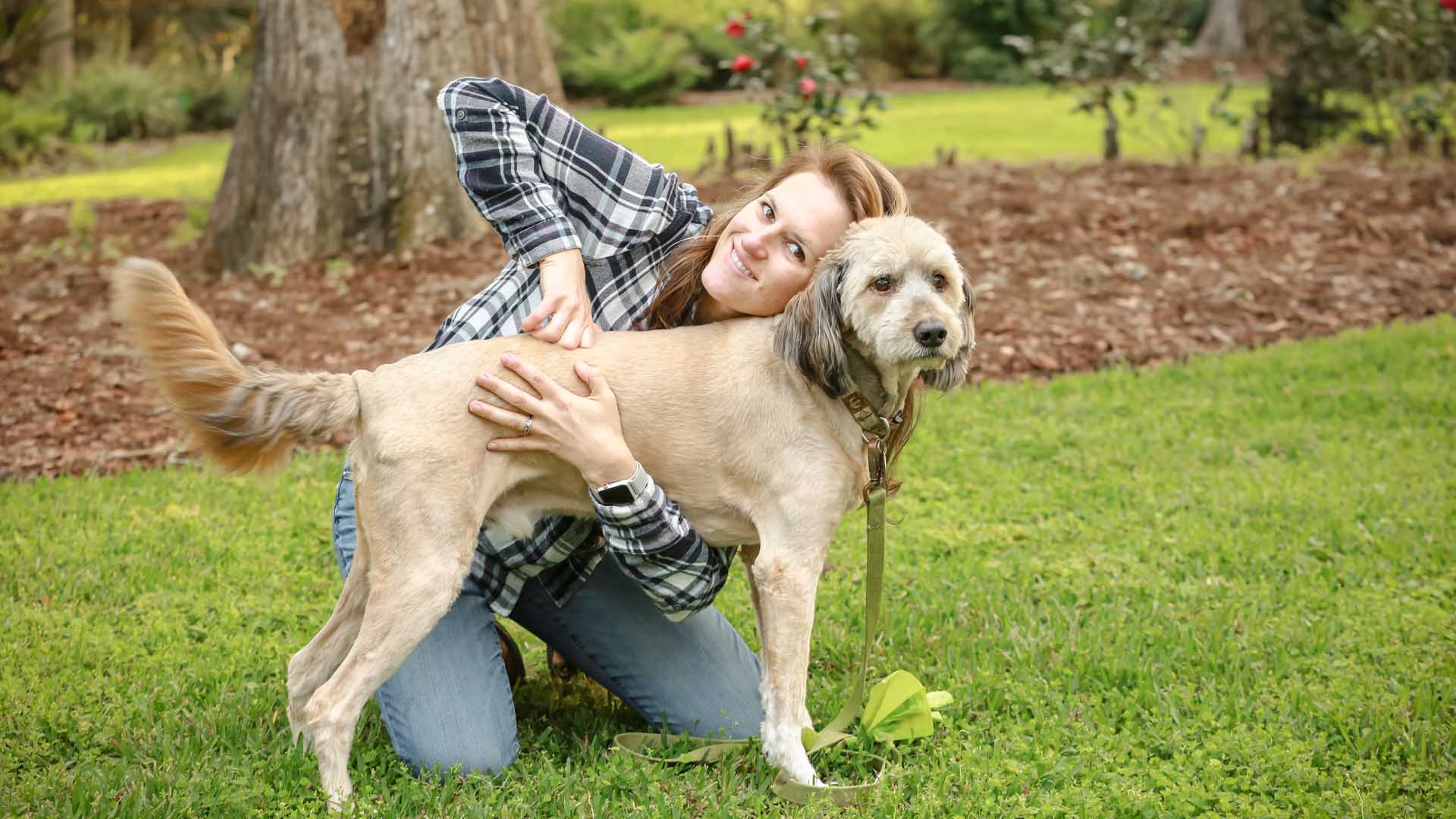In the tapestry of canine health issues, hip dysplasia stands out as a particularly challenging thread. This common ailment not only affects a dog’s mobility but also its zest for life. As dog lovers, watching a furry friend struggle with the pain and discomfort of hip dysplasia can be heart-wrenching. However, there’s a beam of hope in the form of holistic health practices, particularly canine chiropractic care. Today, let’s explore how this non-invasive treatment offers a comforting paw to dogs dealing with the symptoms of hip dysplasia, helping them wag their tails a little more happily each day.
Understanding Hip Dysplasia: A Canine Conundrum
Hip dysplasia in dogs is a genetic condition where the hip joint fails to develop properly, leading to a loose fit between the thigh bone and the hip socket. This mismatch can cause painful wear and tear, significantly impacting a dog’s ability to move freely. Often, it’s not just the joint that suffers; the pain can lead to compensatory movements that further strain the body.
While hip dysplasia is indeed a structural issue that chiropractic care cannot correct, understanding its dynamics helps us address its symptoms more effectively. Enter the role of a dog chiropractor, a beacon of relief in the sea of discomfort caused by this condition.
The Role of Canine Chiropractic: Comfort without Surgery
Chiropractic care for dogs, much like in humans, involves the manipulation of the spine and joints. It aims to improve joint mobility, alleviate pain, and enhance the body’s natural healing abilities. Here’s how it can be a valuable ally in managing the symptoms of hip dysplasia:
1. Alleviating Pain
Regular chiropractic adjustments can help reduce inflammation and nerve stress, which are primary sources of pain in hip dysplasia. By restoring proper alignment and movement patterns, these adjustments can decrease discomfort and improve quality of life.
2. Enhancing Mobility
Chiropractic care can increase range of motion in the spine and other joints that may be compensating for the hip’s dysfunction. This treatment helps maintain as much normalcy in movement as possible, which is crucial for a dog’s overall activity and health.
3. Reducing Compensatory Issues
Dogs with hip dysplasia often develop irregular movement patterns that put additional stress on other parts of the body, such as the spine or opposite leg. A canine chiropractor can address these imbalances, helping to prevent secondary conditions from developing.
4. Supporting Overall Wellbeing
Chiropractic care is known for enhancing the nervous system’s function, which plays a crucial role in managing pain and body functions. Regular care can help a dog feel more comfortable and cope better with the chronic nature of hip dysplasia.
Integrating Chiropractic Care with Traditional Treatments
While chiropractic care offers significant benefits, it’s most effective when used in conjunction with other treatments. This holistic approach might include physical therapy, anti-inflammatory medications, and weight management to relieve stress on the joints. Always consult with a veterinarian to tailor a comprehensive, multimodal treatment plan that best suits your dog’s specific needs.
Q&A: Understanding Canine Chiropractic for Hip Dysplasia
Q: Can chiropractic care cure hip dysplasia?
A: No, chiropractic care does not cure hip dysplasia. However, it can significantly alleviate the symptoms and improve a dog’s quality of life.
Q: How often should a dog with hip dysplasia receive chiropractic adjustments?
A: The frequency of adjustments depends on the individual dog’s condition and how it responds to treatment. A canine chiropractor will recommend a schedule that best meets the dog’s needs.
Q: Is chiropractic care safe for all dogs with hip dysplasia?
A: Chiropractic care is generally safe, but it’s essential to work with a certified animal chiropractor who is experienced in treating dogs with hip dysplasia. They can ensure that treatments are performed safely and effectively.
In the journey to manage canine hip dysplasia, chiropractic care stands out as a gentle, non-invasive option that can dramatically enhance a dog’s comfort and mobility. For those in Ocala, FL, and beyond seeking a holistic approach, this method provides a nurturing supplement to traditional medical treatments, ensuring our beloved dogs receive the best possible care at every stage of their lives.

